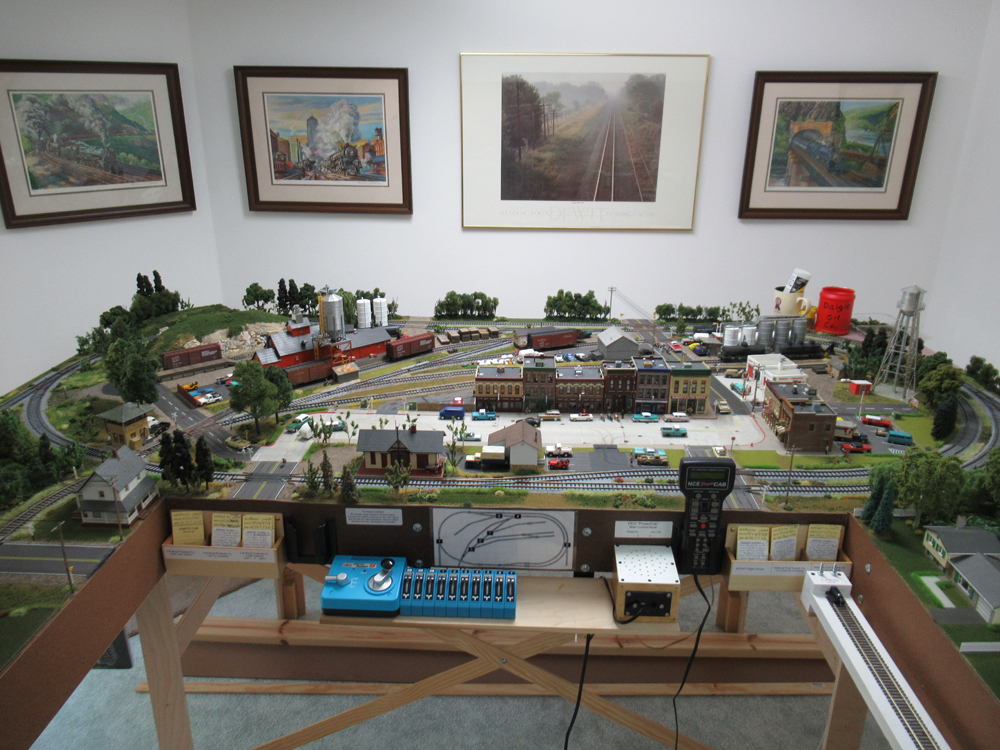
Built by Others is an article series showcasing layouts constructed by modelers using plans and projects from the pages of Model Railroader and its associated products. The Black River Junction originally appeared in the pages of Model Railroader in 2007. Grant Graeber converted the layout to the space he had available and made adjustments according to his interests […]
Read More…
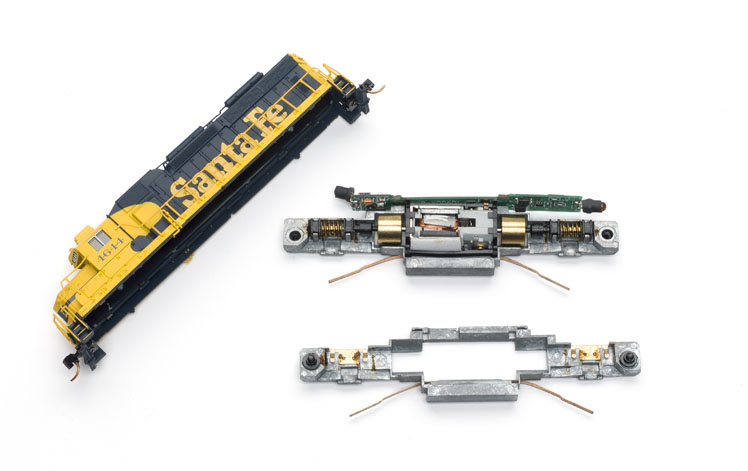
Disassembling N scale diesel locomotives: In the 1990s, Kato pioneered its classic, vertically split-frame design. Since then, probably more than 80% of the N scale locomotives made, regardless of manufacturer, have followed (in fact, downright copied) that approach, meaning that if you’ve learned how to work on one of them, you can work on nearly […]
Read More…
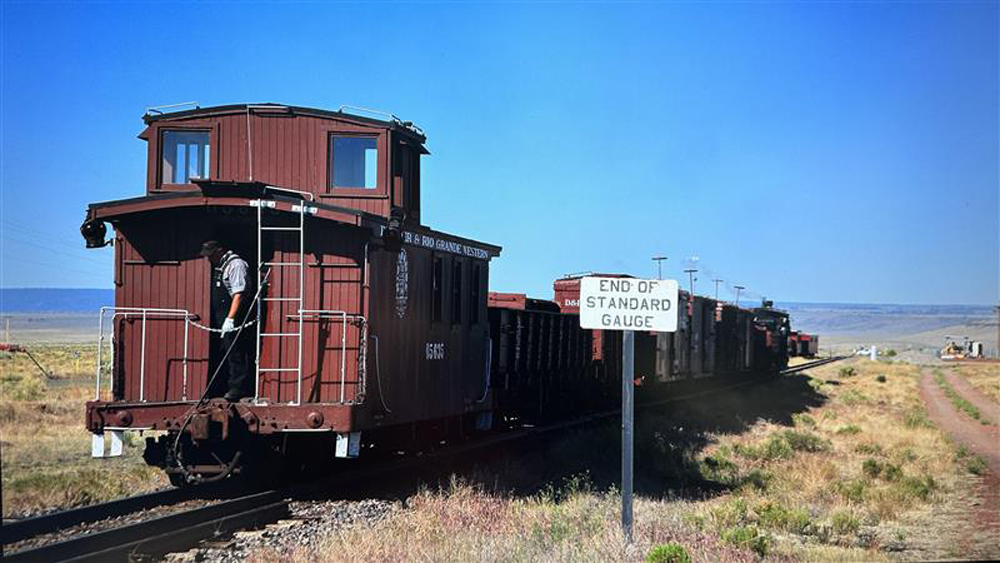
History of track gauge: The gauge of a railroad is the distance between the inside vertical surfaces of the head of the rail. Standard gauge is 4 feet, 8-1/2 inches. This is the gauge used when steam railroading began. It became the common gauge of Britain, North America, and Western Europe — except for Spain, […]
Read More…
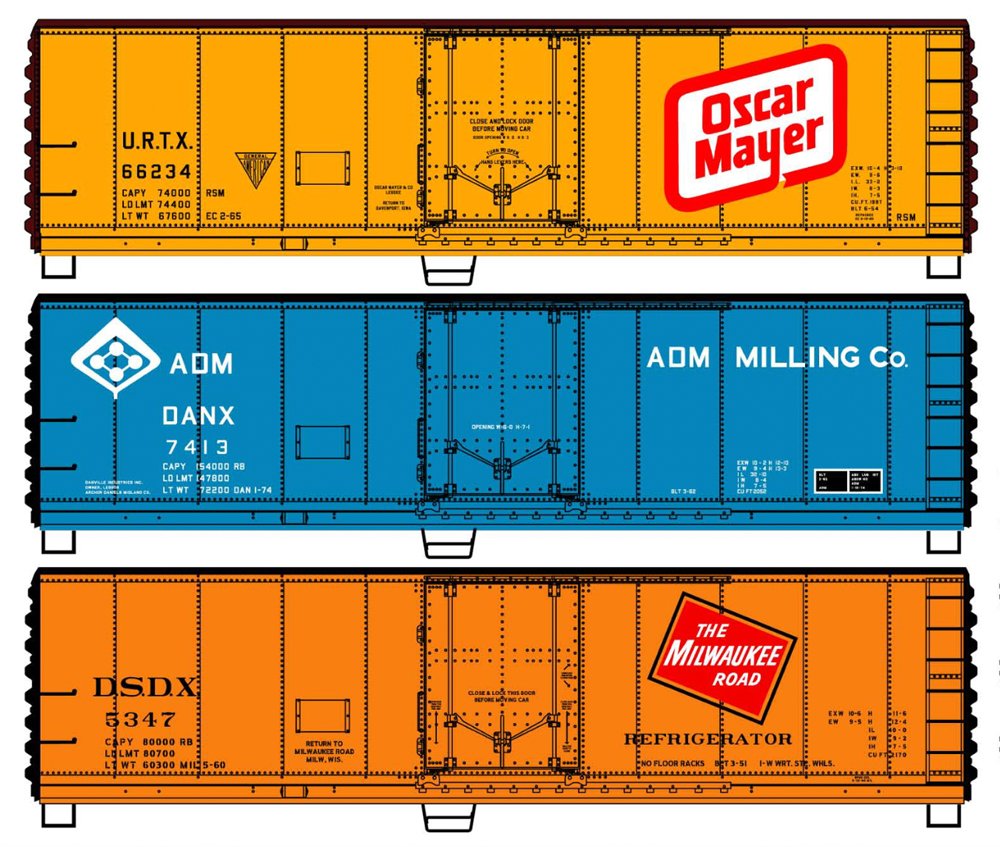
News & Products for the week of September 25th 2023 Model railroad operators and builders can get the latest information about locomotives, freight cars, passenger cars, tools, track, and more by reading Model Railroader’s frequent product updates. The following are the products Model Railroader editors have news on for the week of September 25th […]
Read More…
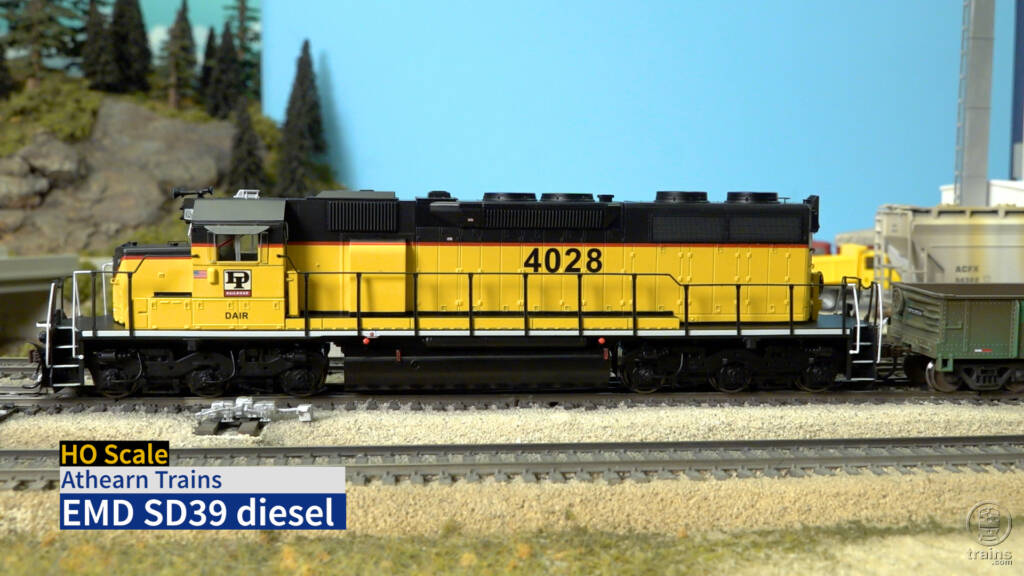
We’ll head down to Larson Stone on our Milwaukee, Racine & Troy staff layout to check out a model from the latest run of HO scale Electro-Motive Division SD39 diesel locomotives produced by Athearn Trains. Join Model Railroader senior editor Cody Grivno as he points out the features on the six-axle road locomotive, demonstrates some of […]
Read More…
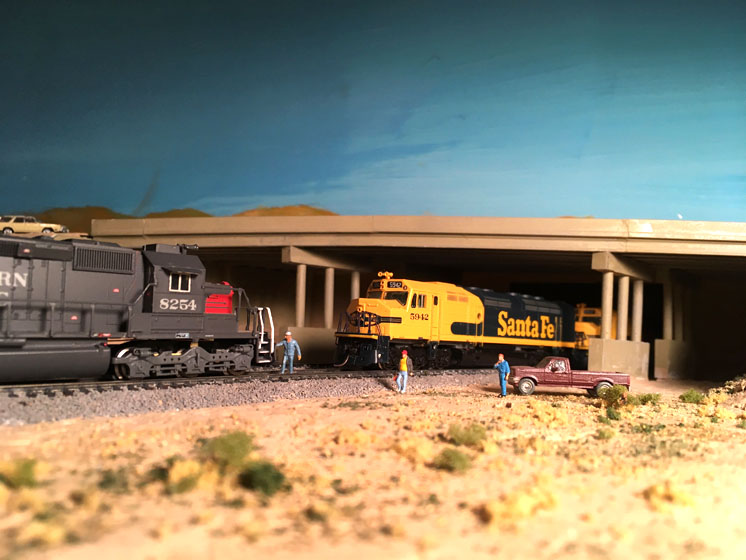
Trouble with TankTrain cars: Sometimes I think this column should be called “Jim’s latest screw-up.” Here’s a recent case in point. I’d just gotten my Athearn TankTrain cars and was carefully opening the boxes, taking the cars out one at a time, and checking them over. I checked the wheel gauge with a National Model […]
Read More…

A 65-foot mill gondola is the latest addition to the Micro-Trains Line Co. N scale freight car lineup. The injection-molded plastic model features positionable drop ends, metal wheelsets, and body-mounted Magne-Matic couplers. The Micro-Trains gondola is based on a Santa Fe class GA-47 prototype built by General American Transportation Corp. (GATC) in 1937. The gondolas […]
Read More…
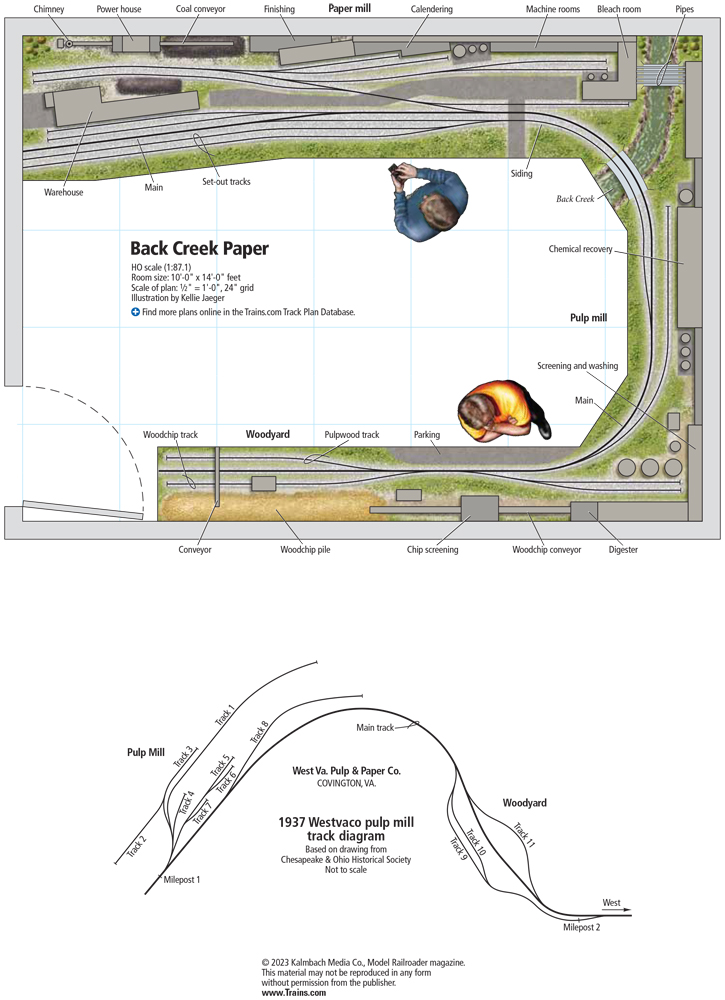
Facts & features Name: Back Creek PaperScale: HO (1:87.1)Size: 10 x 14 feetPrototype: Westvaco Pulp & Paper millLocale: Covington, Va.Era: 1974Style: around-the-wallsMainline run: 28 feetMinimum radius: 30″Minimum turnout: No. 6Maximum grade: none Download a PDF of this trackplan! Buy the October 2023 issue of Model Railroader! […]
Read More…
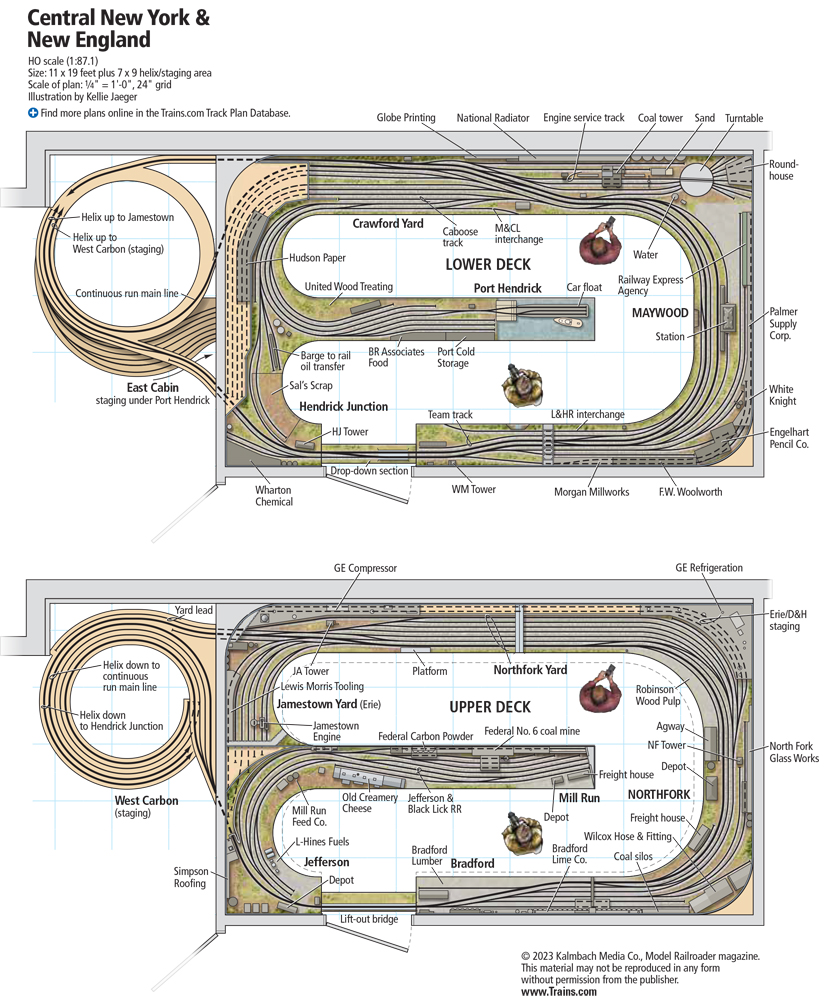
Facts & features Name: Central New York & New EnglandScale: HO (1:87.1)Size: 11 x 19 feet plus 7 x 9-foot helix/staging areaPrototype: freelancedLocale: Maybrook, N.Y., areaEra: mid-1950sStyle: multi-deck walk-inMainline run: 120 feet visible plus 81 feet in helixMinimum radius: 36″Minimum turnout: No. 6 (main), No. 5 (industries)Maximum grade: 1.87% in helixBenchwork: open grid (lower […]
Read More…
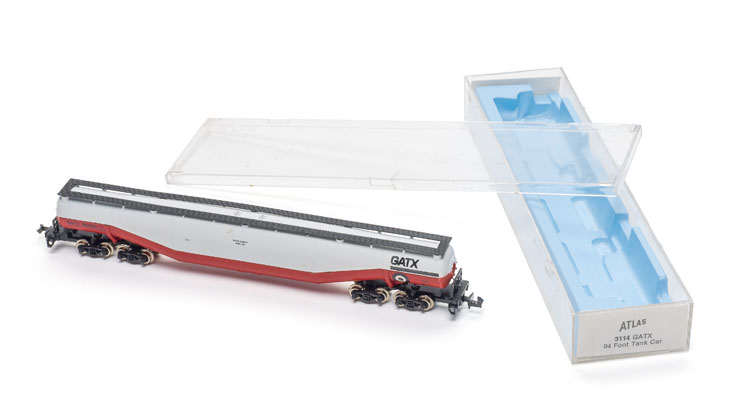
I thought about calling this column “What on earth were they thinking,” but that wouldn’t have made a good title because someone looking at the table of contents would have had no idea what the article was about. The “they” in my unused title was Atlas, which had the N scale whale-belly tank car shown […]
Read More…
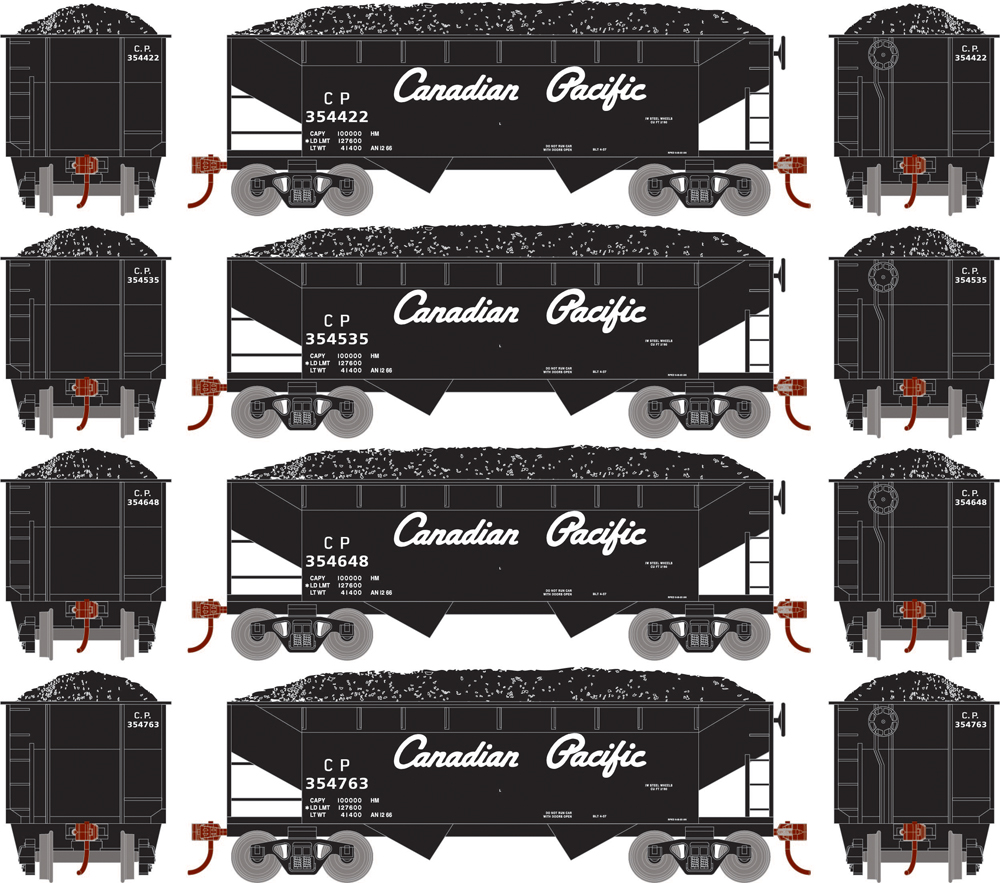
News & Products for the week of September 18th 2023 Model railroad operators and builders can get the latest information about locomotives, freight cars, passenger cars, tools, track, and more by reading Model Railroader’s frequent product updates. The following are the products Model Railroader editors have news on for the week of September 18th […]
Read More…
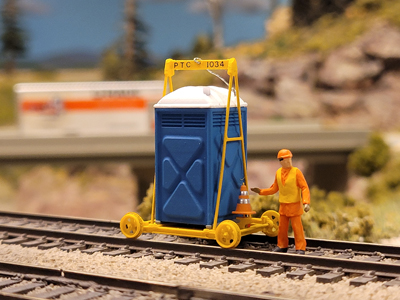
3-D print a rail cart porta-potty: A requirement of a modern railroad, besides moving freight and passengers, is addressing the needs of the employees while on the job. This includes, of course, all of the workers, from the office personnel devising service plans to the maintenance-of-way crews doing track upkeep. As modelers, we only become […]
Read More…












